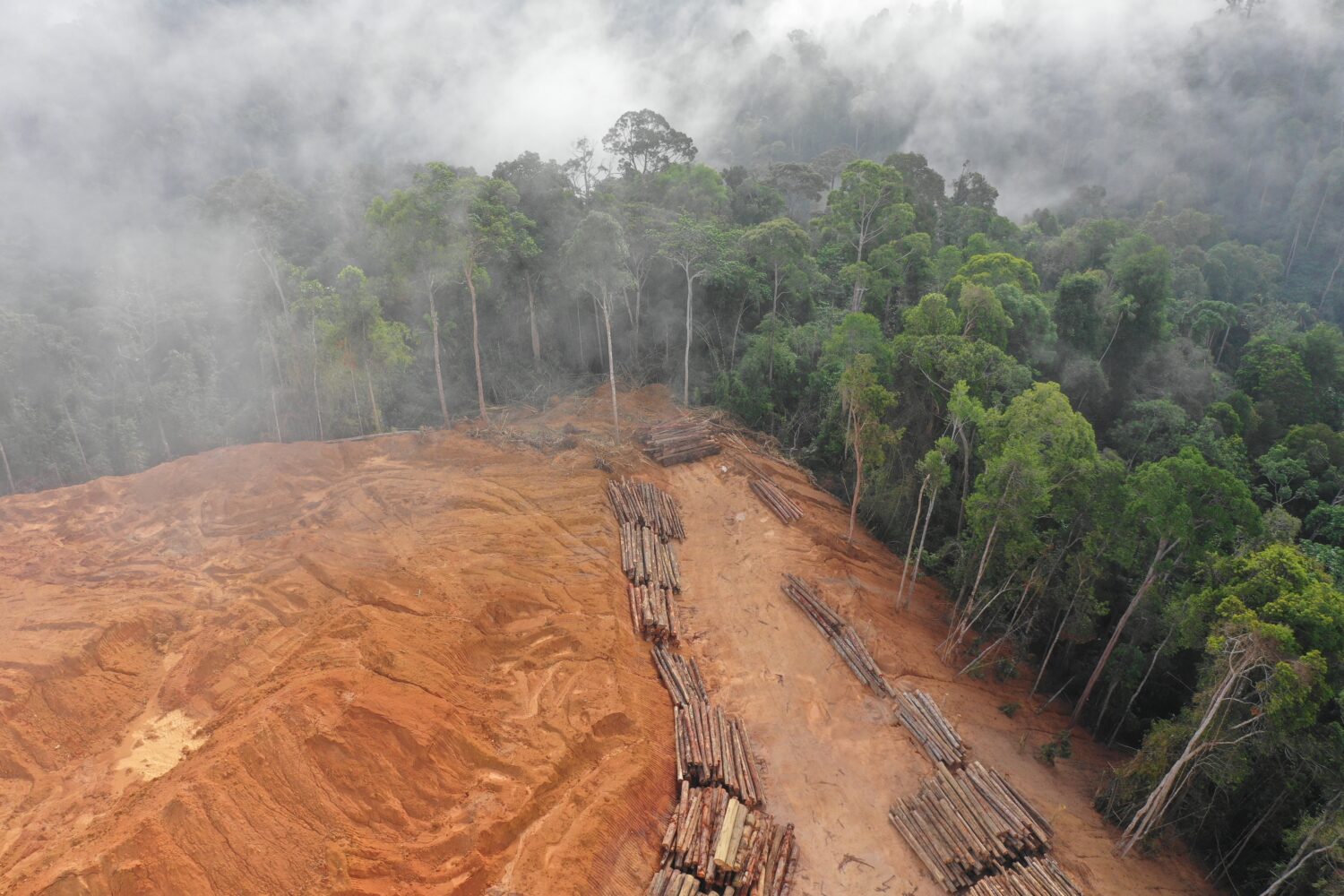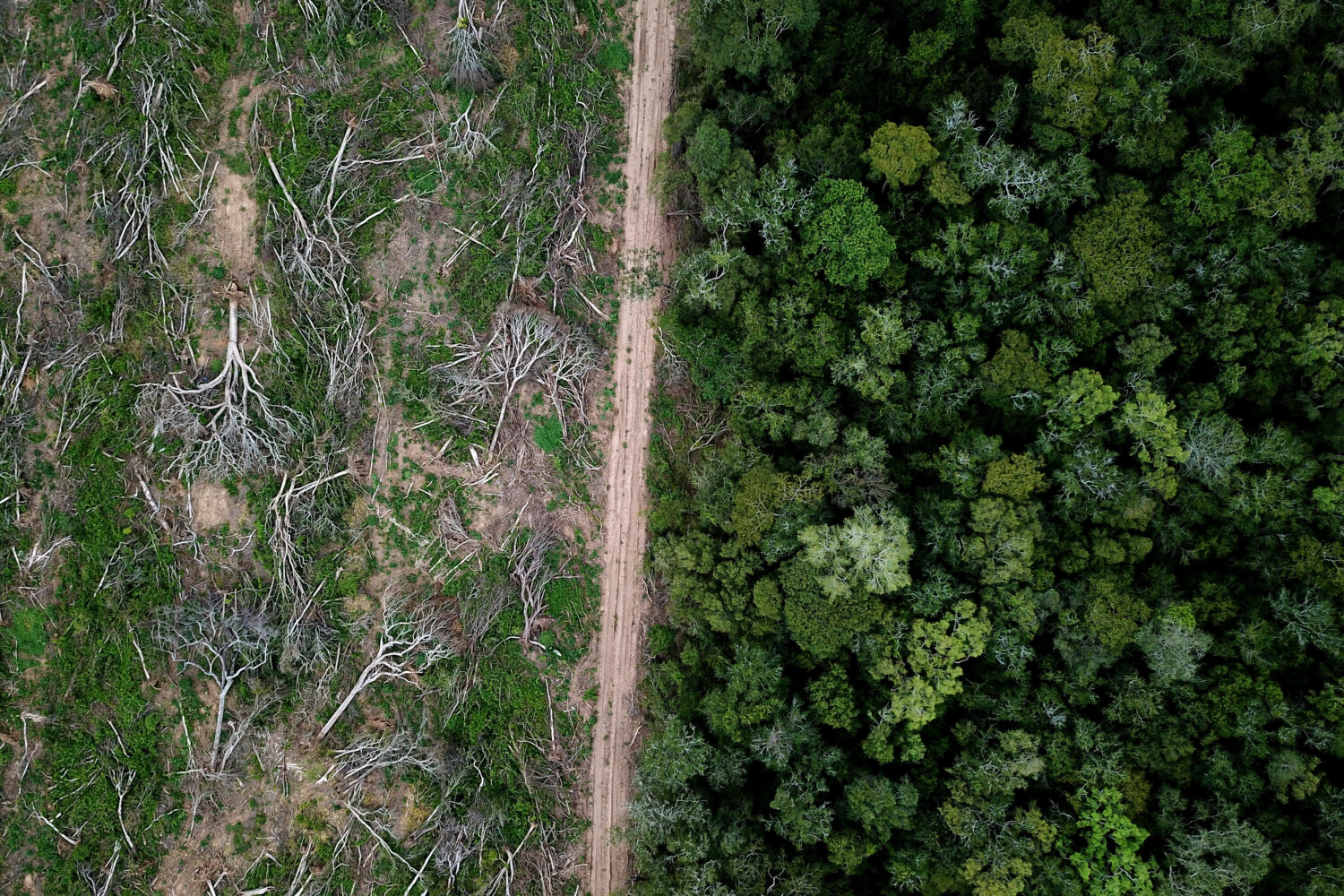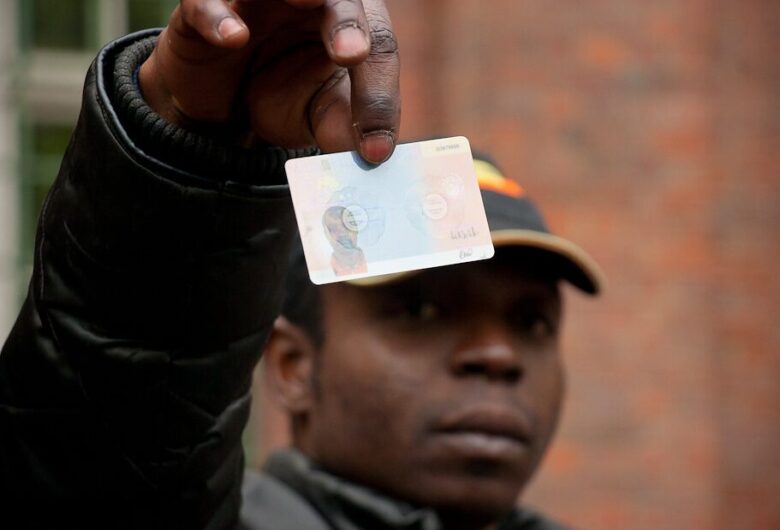What we do
Efforts to save the Amazon have so far failed to address the slave labour that fuels deforestation. To break the vicious cycle that perpetuates slavery and accelerates deforestation requires a multisectoral approach that engages companies, consumers, governments, civil society, and local communities. This program has been co-created with groups in the Amazon with lived experience and it will build on the willingness of government to collaborate – aiming to help local communities to protect their environment and people.
The strategic focus is two-fold: 1. Increasing the capacity of local civil society organisations and strengthening collaboration among public officials, NGOs, and Amazonian communities and 2. Curbing commercialisation and export of products derived from slave labour in the supply chains of timber and livestock from the Amazon.
Only the concerted efforts of an ecosystem of actors can halt and reverse the destruction of the Amazonian ecosystem.

Deforestation and slavery
The Amazon is nearing a catastrophic tipping point. The scale of deforestation reached alarming heights in 2022, with an area equivalent to 1.6 million soccer fields destroyed.
Amazon deforestation is deeply interlinked with slave labour. Between 1995 and 2022, over 27,000 workers were found in slave labour in the Amazon, most of them in sectors driving deforestation such as logging, cattle ranching, and agriculture. As our local partners say, “a tree doesn’t just fall by itself” – someone is operating the chainsaw.
To cut down the forest and prepare pasture for cattle, workers are recruited from the region and beyond; they are forced to work excessive hours in isolated places, in exploitative and dangerous working conditions, with unsafe food and water, lacking medical assistance and living in makeshift shelters. Many are unable to leave, controlled by threats, violence, and debt bondage. Those who are most at-risk tend to be those facing underlying vulnerabilities, such as poverty, lack of economic or educational opportunity, and social marginalisation.
The problem is compounded by socio-economic instability, structural racism, and illegal land grabbing – taking land away from its most effective guardians: traditional and Indigenous peoples.

Our approach
Our team

Débora Aranha
Senior Program Manager

Luciano Cristovam
Program Advisor, Brazil

Ana Cecília Cuentro
Program Advisor, Brazil

Gabriela Guida
Program Manager, Brazil

Havanna Marques
Financial Manager


